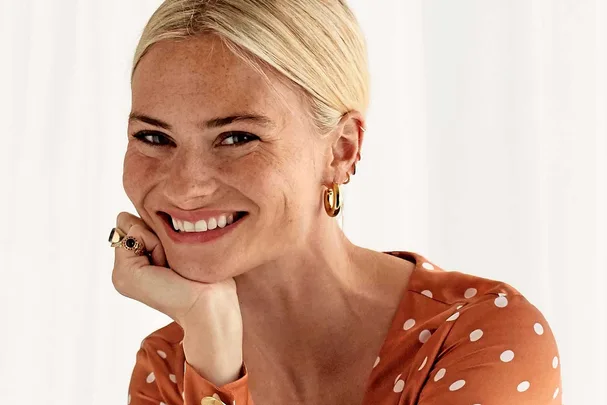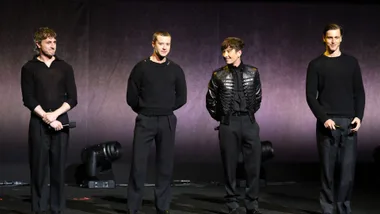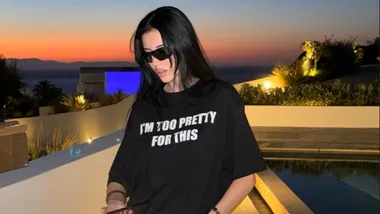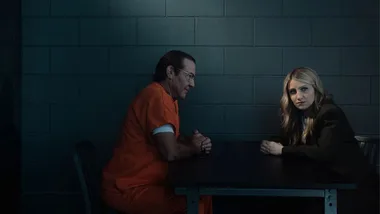Let me begin with a familiar scene. It is Sunday night and you have three unwatched programmes lined up. Squashed beside you is your laptop, where Netflix is vibrating with potential. Waiting not so patiently behind is Amazon Prime (whose login you have borrowed from a friend).
Below one clammy palm is the book you’ve been trying to finish for two months, the one Goodreads raved about, although truth be told you’re finding it pretty hard to get through.
And under it all, lies you: a hapless bluebottle stuck to the flypaper of pleasure.
That all of this culture is pleasurable, you are certain; with its physical and mental weight bearing down, you are equally sure that it is relentless.
The term “infobesity” was coined in 2013 to describe the torrent of information clogging our arteries like cholesterol. It turns us into “pancake people”, writes the playwright Richard Foreman: “Spread wide and thin as we connect with that vast network of information accessed by the mere touch of a button.”
In the middle of this information avalanche lies pop-culture saturation, where a new “must see!” series drops weekly. We are struck again by the paradox of choice, making us feel like there is a right or wrong way to cut through the vast glut of entertainment.
In a world motivated by tickboxery, not being able to touch the sides of this culture feels like a failure. We are endlessly consuming and yet seem to make no headway. And still, we persist – because take your foot off the boulder and you’ll never make it back onto the climbing wall. But what are we trying to reach?
When I was a child my mother encouraged boredom – her favourite saying was always “Only boring people are bored.” She would take me fishing with her on a tiny boat for eight hours at a time and I would mutter darkly knowing the vast, empty hours that lay ahead. The saving grace was that I was allowed to bring a book – typically a Roald Dahl. So while my mother meditatively fished for trout, I would guzzle down magical peaches and marvellous medicines, and then spend the other half of the trip daydreaming, writing stories in my head.
My mother no longer has her boat, but it lives on in my mind as a metaphor for the necessity of boredom.
Boredom was so vital to my sense of autonomy and creative development that I cannot even imagine my life without it. As a result, I am never really bored as an adult. The absence of activity just means I can indulge in something solitary.
And yet boredom is being erased from our lives. It is daydreaming, rather than 24/7 noise, that is essential to our happiness. I’m so scared of losing my meandering mind that I don’t listen to podcasts or music – except classical music – when I’m working or walking. My thoughts are so crowded, my focus so diluted by scrolling, surfing and viewing, that my attempt to hold on to daydreams can often feel delicate.
Daydreaming has long been associated with creativity, but I think it serves another purpose, too. The mind wanders. It soars high and sets us free. In a world crowded with the white noise of other people’s narratives – the collective narrative of social media; the multi-strand narratives of binge TV – having your own, singular, internal narrative is nothing short of essential.
This is an edited excerpt from How Do We Know We’re Doing It Right? by Pandora Sykes ($35, Hutchinson), out now.
This excerpt originally appeared in the October 2020 issue of marie claire.
 Silvia Ruiz Gil
Silvia Ruiz Gil









